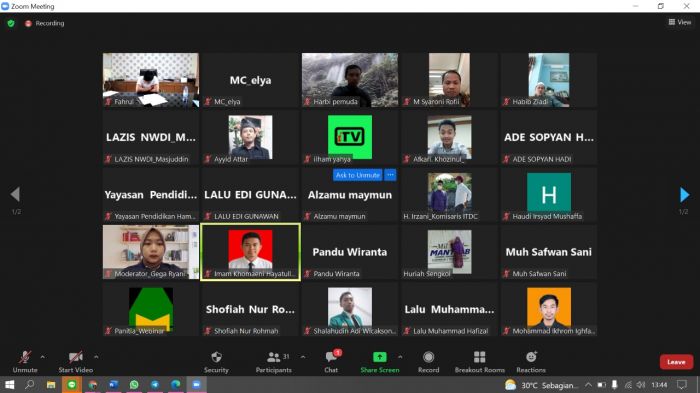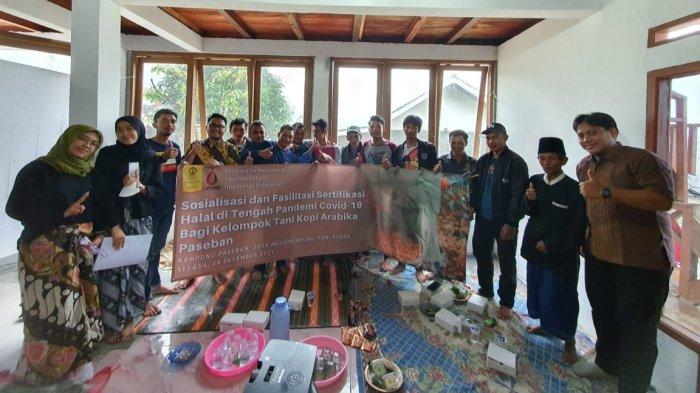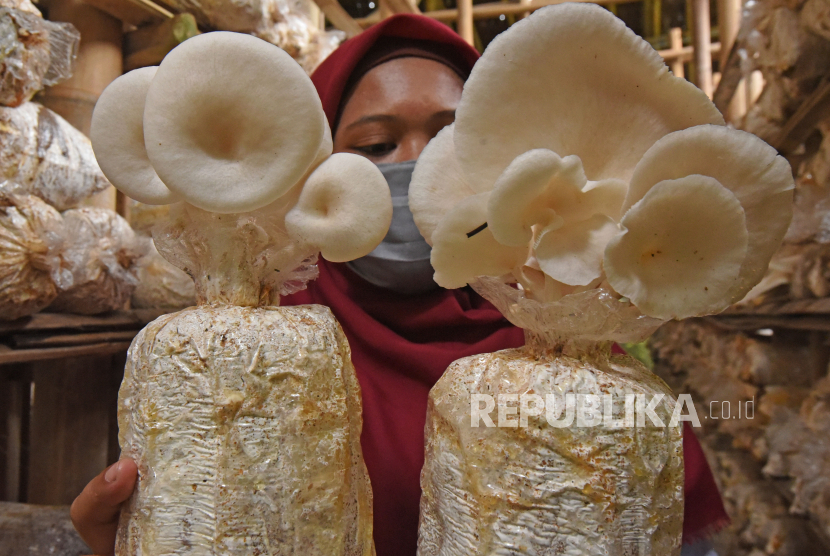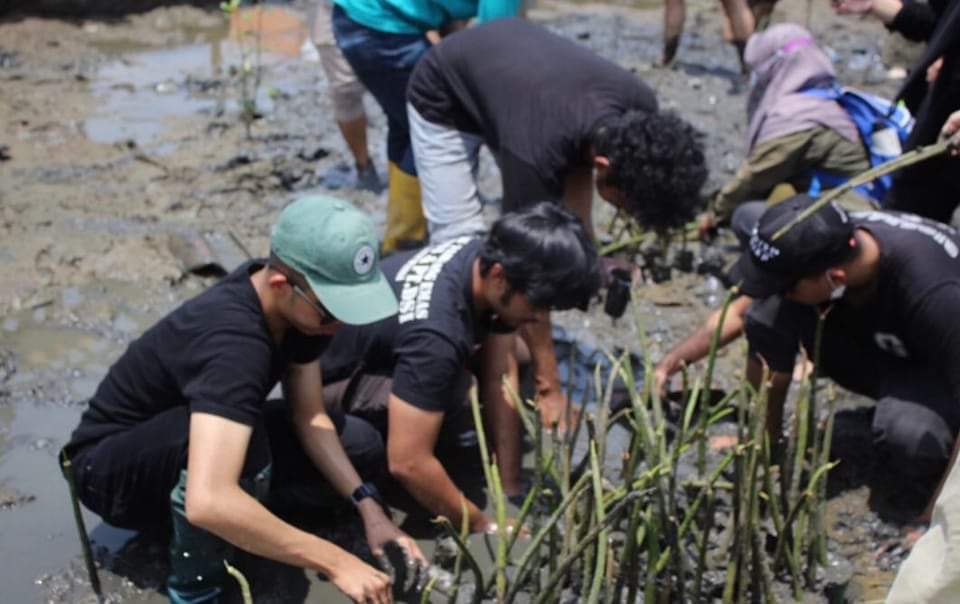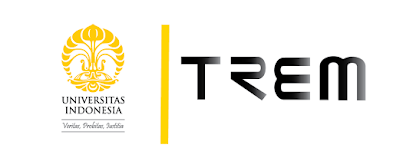Changes in consumption patterns can help limit economic growth and human well-being from resource use and their impact on the environment. Resource and impact constraints are needed to make the transition to a greener and more socially inclusive global economy. The university as a center for learning activities can instill consumption and production patterns in its community.
Universitas Indonesia has an ethical policy in the procurement of food and supplies through UI Rector’s Decree No. 057 of 2017 concerning the Implementation of Safety, Occupational Health, and Environment (K3L) of UI canteens issued on December 4, 2017.
Policy waste disposal – hazardous materials
Universitas Indonesia has a policy for the Management of Waste and Waste Containing Hazardous and Toxic Materials (B3) at UI Campus, as stated in Rector’s Decree No. 1305/SK/R/UI/2011.
B3 waste is collected and grouped separately from other waste with symbols and labels and then sent to third parties dealing with B3 waste management.
Cooperation Contracts of Faculty of Public Health (FKM) of UI
Policy waste disposal – landfill policy
Universitas Indonesia has a waste disposal policy to measure the amount of waste recycled and sent to landfills. In accordance with the 17 SDGs points, UI issues a policy on Green Campus as stated in UI Rector’s Decree No. 2893/SK/R/UI/2018 concerning Green Campus Policy of Universitas Indonesia.
UI Rector’s Decree No. 2893/SK/R/UI/2018 Concerning Green Campus Policy of Universitas Indonesia.
UI classifies waste into organic, inorganic, and plastic bottles to be managed according to its type, to be recycled and reused. Organic waste will be processed into compost. Inorganic waste is further managed by cleaning staff. Liquid waste will be treated technically using a control in the form of a grease trap that is cleaned every day before being discharged into the septic tank/water catchment, allowing oil/grease to be handled separately before being discharged elsewhere.
Organic and Inorganic Waste Management at Faculty of Psycology of UI
Organic Waste Management at Faculty of Public Health (FKM) of UI
Inorganic Waste Management at Faculty of Public Health (FKM) of UI
Liquid Waste Management at Faculty of Public Health (FKM) of Ui
Policy for minimisation of plastic use
Universitas Indonesia as an institution realizes the urgency of managing and understanding the risks of plastic waste. The awareness of waste due to single-use plastic can be achieved through strict enforcement of campus laws that allow transformation through education and practices towards sustainability.
The Policy on Reducing Paper and Plastic Consumption on the UI Campus is regulated in UI Rector’s Decree No. 1308/SK/R/UI/2011. On December 21, 2018, the Rector of UI released restrictions on plastic and paper use, later developed into Rector’s Regulation No. 4 of 2019 concerning the UI Zero Plastic Program. The program is an effort to minimize the use of products, goods, or services that generate plastic waste.
Policy to Minimize the Use of Plastic at Universitas Indonesia
This policy is also handed down to each faculty and vocational program to show the commitment of UI to reduce the use of plastic.
Guidelines for Reducing the Use of Plastic and Paper at Faculty of Public Health (FKM) of UI
The Program to Reduce the Use of Plastic and Paper at Faculty of Medicine pf UI
Policy for minimisation of disposable items
In minimizing the utilization of disposable items, all faculty members, staff, students, and cleaning staff are requested to use reusable items such as glasses that can be refilled in drinking water fountains. Furthermore, Universitas Indonesia also reduces the use or purchase of paper or cost of photocopies by maximizing the use of information technology systems in the administration of correspondence starting from the head. Furthermore, there are restrictions on the use of food and beverage containers for work unit meetings, replacing them with plates and glasses as well as gallons of water instead.
Disposable policy: extensions to services
In order to support Universitas Indonesia as a green campus, UI carries out daily activities by making changes such as reducing paper and plastic consumption in the provision of cutlery in the workspace and other activities. Each teaching staff in several faculties is also provided with ceramic tumblers to reduce the use of single-use plastic bottles.
Circular Letter of Faculty of Public Health (FKM) of UI No. SE 042/UN2.F10.D/HKP04/2019
Minimisation policies extended to suppliers
The minimization policy of Universitas Indonesia is in line with the UI Green Campus Policy through the UI Rector’s Decree No. 2893/SK/R/UI/2018 supporting 17 SDGs targets.
Universitas Indonesia by the Directorate of Facility Management and Maintenance (DOPF) has launched the UI Waste Management System work program divided into Sorting, Storing, Transporting, and Processing. There is a recycling process where more than 75% of the organic waste generated at UI is processed to be reused. Garbage and waste produced by UI are transported by UI landfill officers.
At the faculty level, the provision of battery and electronic waste bins is carried out in collaboration with students, through recording and monitoring. Inorganic waste is sent to a Temporary Waste Disposal Site (TPS) to be further handled by the cleaning staff and picked up by a third party (DPPF UI). The vendor handles renovation waste such as iron, concrete, brick, glass, etc.
Waste Management and Sorted Waste Data of Vocational Program of UI
Publication of a sustainability report
An annual sustainability report has been reported by Universitas Indonesia since 2017. In 2010, the sustainability report promoted the theme of “Ensuring Sustainability in the Midst of a Pandemic”. For example, the faculty compiles a sustainability report based on the UI GreenMetric World University Rankings promoting sustainability in national and global movements.
